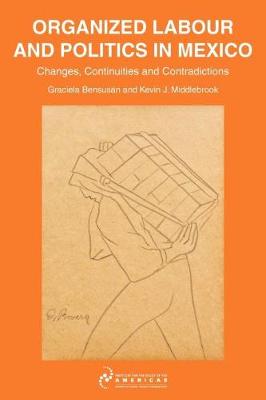As a consequence of market-oriented reforms and historic shifts in governmentpolicy toward labor, the Mexican organized labor movement has declined substantially in size, bargaining strength, and political influence since the 1980s. Democratization has expanded workers' choices at the ballot box, and some unions have bolstered their position by forging alliances with counterparts in Canada and the United States. By analyzing the changes, continuities, and contradictions characterizing labor politics in Mexico, this book contributes to a broader assessment of organized labor's role in contemporary Latin America. Democratization has had remarkably little impact on the state-labor relations regimeinstitutionalized following the Mexican Revolution of 1910-1920. This legal regimeboth underpins the position of unrepresentative union leaders and grants governmentofficials extensive controls over labor organizations. The combination of weakenedunions, unaccountable leaders, and strong government controls fundamentally constrainsworkers' capacity to defend their interests.
This state of affairs - especially the failure to enact progressive labor law reform since democratic regime change in 2000 - limits democracy and imposes heavy costs on society as a whole.
- ISBN13 9780956754929
- Publish Date 24 April 2012 (first published 1 February 2012)
- Publish Status Active
- Publish Country GB
- Publisher Institute for Latin American Studies
- Imprint Institute for the Study of the Americas
- Format Paperback (US Trade)
- Pages 112
- Language English
